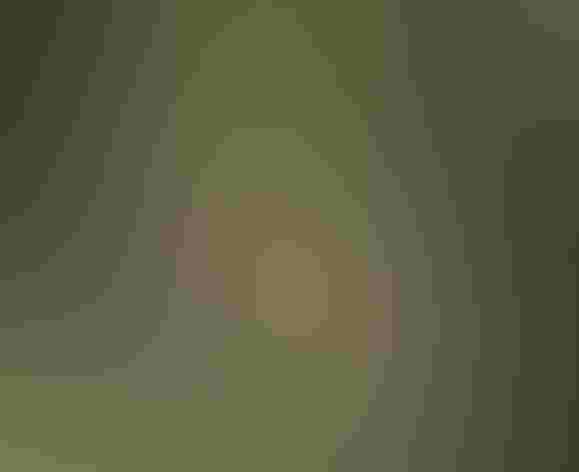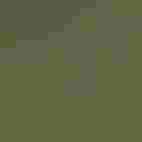California Towhee
At a Glance
Along the Pacific seaboard from southern Oregon to Baja, this plain brown bird is a common denizen of brushy places, from wild chaparral hillsides to the borders of gardens and city parks. California Towhees sometimes hide in the shrubbery, where they may be noticed mainly by their sharp callnotes and the squealing duets of mated pairs. At other times they come out on open ground, to scratch in the leaf-litter with both feet as they search for food.
All bird guide text and rangemaps adapted from Lives of North American Birds by Kenn Kaufman© 1996, used by permission of Houghton Mifflin Harcourt Publishing Company. All rights reserved.
Category
New World Sparrows, Perching Birds
IUCN Status
Least Concern
Habitat
Forests and Woodlands, Shrublands, Savannas, and Thickets, Urban and Suburban Habitats
Region
California, Northwest
Behavior
Flitter, Running
Population
7.500.000
Range & Identification
Migration & Range Maps
Permanent resident, rarely moving even short distances away from nesting areas.
Description
8-10" (20-25 cm). Rather long-tailed. Plain dusty brown, more buffy under tail and on throat, with fine streaks around throat. Differs from Canyon Towhee most obviously by voice and range.
Size
About the size of a Robin
Color
Black, Brown, Orange, Red, Tan
Wing Shape
Broad
Tail Shape
Long, Rounded
Songs and Calls
Song is a series of squeaky chips on the same pitch, accelerating into a rapid trill. The pattern varies according to the geographical area. The call is a sharp chink and thin tseeee.
Call Pattern
Flat
Call Type
Chirp/Chip
Habitat
Brushy areas, chaparral, coastal scrub, gardens. Found in a wide variety of dense low habitats, including streamside thickets, chaparral, pinyon-juniper woods, coastal sage scrub, semi-desert scrub, edges and openings in oak woodland, and well-vegetated gardens and city parks.
Sign up for Audubon's newsletter to learn more about birds like the California Towhee
Behavior
Eggs
3-4, rarely 2-5. Pale bluish-white, marked with brown and black. Incubation is by the female, about 11 days.
Young
Both parents feed the nestlings. Young may leave the nest after as little as 8 days, before they are able to fly well; remain with parents for several more weeks. A pair may raise 2 or 3 broods per year.
Feeding Behavior
Forages mostly on the ground, sometimes scratching among the leaf-litter. Often comes to bird-feeders, but may do much of its foraging on the ground under the feeding tray.
Diet
Mostly seeds and insects. Majority of diet, especially in winter, consists of seeds of weeds and grasses, also some waste grain. Also eats insects (including caterpillars and beetles), especially in summer, and eats some berries and small fruits. Young are fed mostly or entirely on insects.
Nesting
May mate for life, and pairs may remain together on breeding territory all year. Male is very aggressive in defending this territory, actively attacking intruding males or even his own reflection. Nest site is usually in a dense shrub or low tree, typically 4-12' above the ground, but may be very low (sometimes on the ground) or up to 30' or higher. Nest is a bulky open cup, rather loosely made of twigs, grass, weeds, strips of bark, lined with finer grass, rootlets, animal hair.
Conservation
Conservation Status
Probably has declined locally, with increasing development and urbanization along California coast, but still very common in much of its range.
Climate Threats Facing the California Towhee
Choose a temperature scenario below to see which threats will affect this species as warming increases. The same climate change-driven threats that put birds at risk will affect other wildlife and people, too.







